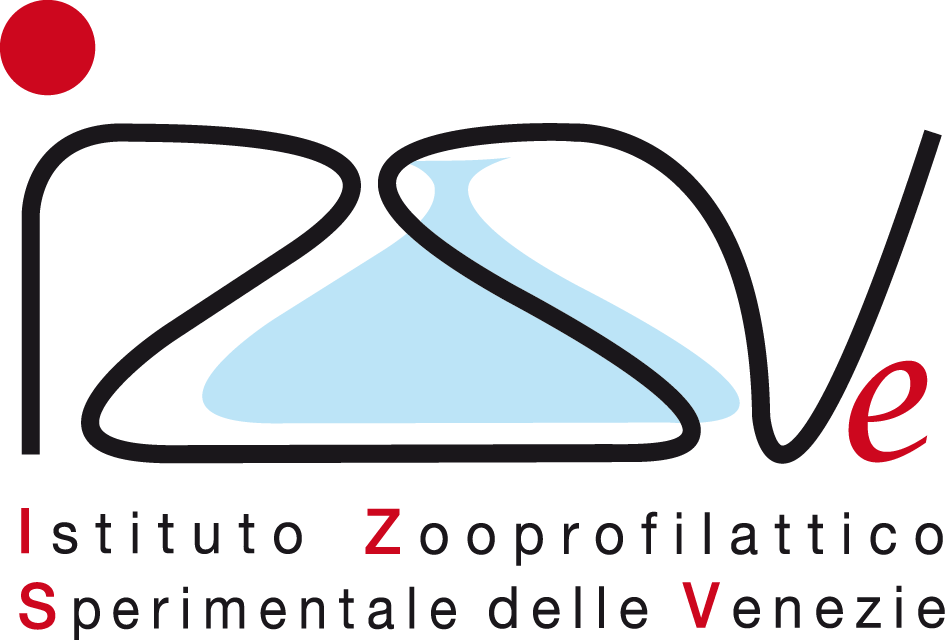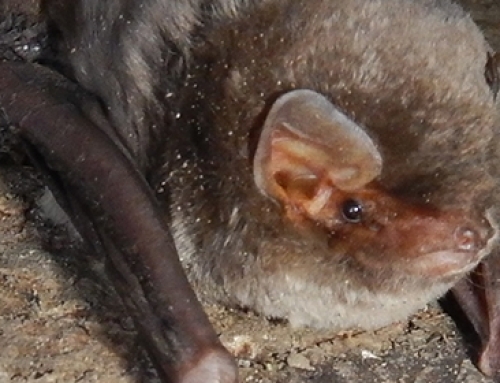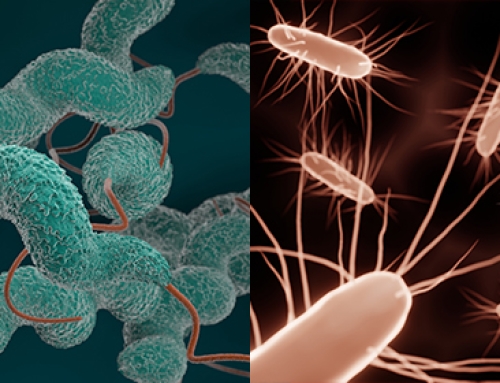The online course «Mosquitoes, phlebotomine sand flies and ticks monitoring: traps and capture techniques» is available in the e-learrning platform of the Istituto Zooprofilattico Sperimentale delle Venezie (IZSVe).
A key element in the epidemiology of vector-borne diseases is the knowledge of arthropod vectors, involved in pathogen transmission. Staff involved in arbovirus surveillance therefore require to have basic knowledge of the biology, ecology, and distribution of arthropods of public health importance. The epidemiology of vector-borne diseases is rather complex but vector monitoring is equally challenging and requires various methods and tools. Here, monitoring refers to all procedures and techniques put in place to assess the occurrence, distribution and density of a vector in a given area.
Many training courses provide information on diseases, but only few focus their attention on vectors of pathogens. For this reason, this course takes a practical approach, focusing on the main techniques for monitoring the most common vectors: ticks, mosquitoes, and phlebotomine sand flies. Specifically, the aim of the course is to provide knowledge on how to plan sampling and which tools to use. The course will outline monitoring examples implemented primarily in Italy, but common to many European countries, and are applicable to temperate zones. The specific environmental and climatic conditions of tropical countries require other monitoring systems, which are not covered by this course.
Topics
- Mosquitoes monitoring
- Phlebotomine sand fly monitoring
- Tick monitoring
- Ovitraps
- Larval sampling methods
- BG sentinel
- Gravid traps
- Mosquito magnet traps
- Animal bait traps
- CDC light traps
- CDC CO2
- Human landing catches
- Hand-held or electric aspirators
- Sticky traps
- Dragging and flagging
- Other methods
- Game-based learning “Where are the vectors?”
Scientific Director
Fabrizio Montarsi
Istituto Zooprofilattico Sperimentale delle Venezie
SCS3 – Diagnostics, Histopatology and Parassitology
View profile >
Recipients
- Agronomists
- Health care workers
- Biologists
- Naturalists
- Phisicians
- Veterinarians
- Laboratory technicians
Details
Available for 12 months from first access
Mode of delivery: on-line
Duration: 3 hours
Free of charge
Further information
Training and Communication Unit
SCS0 – General Support Services
Istituto Zooprofilattico Sperimentale delle Venezie
Viale dell’Università 10 35020 Legnaro (Padova)
Tel.: +39 049 8084145
E-mail: formazione@izsvenezie.it







![What is the One Health approach? [Video]](https://www.izsvenezie.com/wp-content/uploads/2023/12/one-health-video-500x383.jpg)